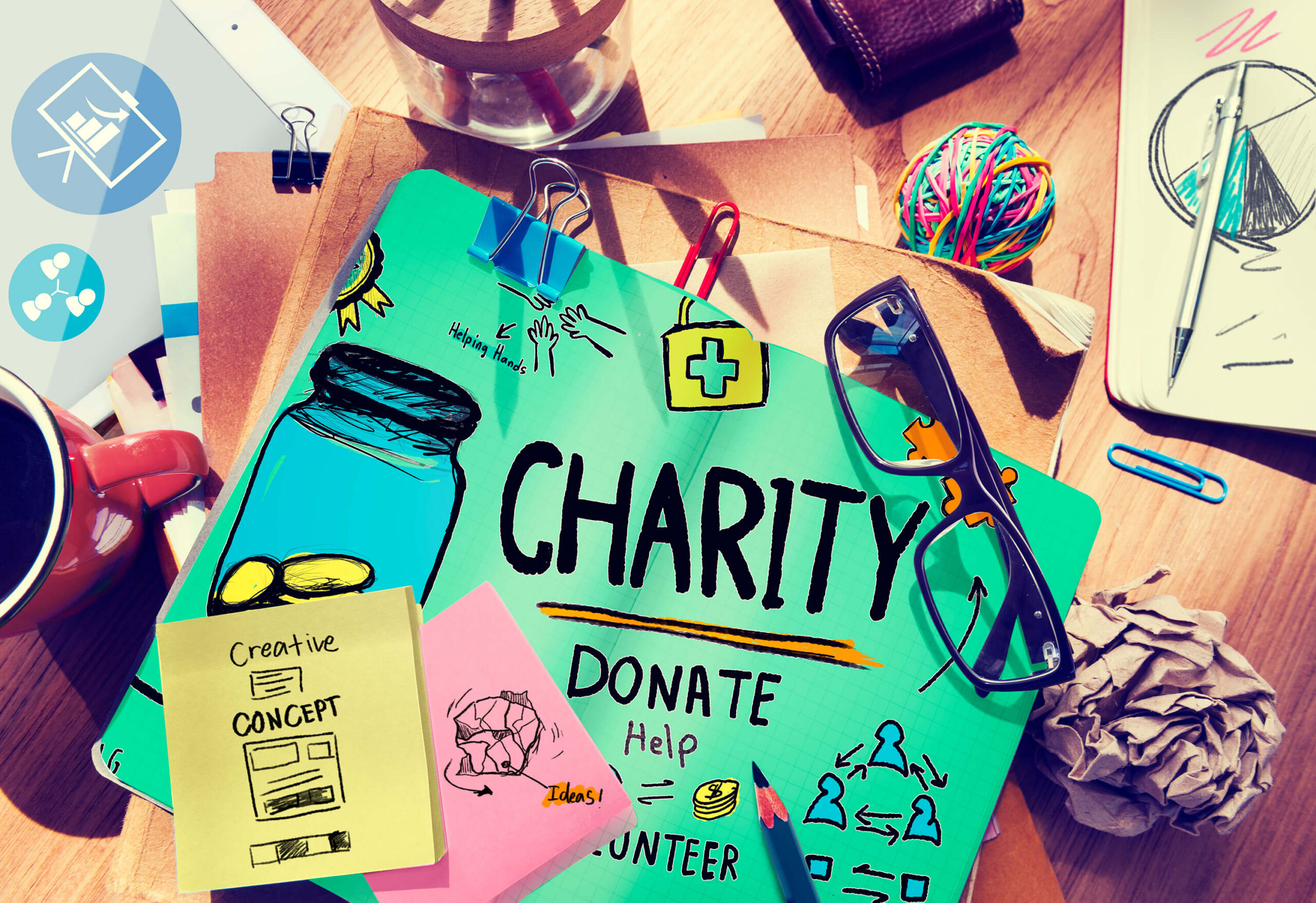The need of the hour for charity and philanthropy is dire. While humanity as a whole is moving toward scientific progress, poverty, inequality, and fundamental rights violation remain a significant threat to our society’s foundation. Pandemics, natural disasters, and wars weaken this foundation further. The Covid pandemic has ravaged the social and economic state of the world. More than 15 million people lost their lives, and health care services broke down in 92% of countries. The UN’s Sustainable Development Goals report for 2022 states that the Covid pandemic has erased more than four years of progress against poverty. The number of people living below the extreme poverty line has gone up from 581 million to 675 million in 2022. The Ukraine war has deepened the food crisis. More than 150 million children suffer from stunted growth due to malnutrition. One out of every ten people in the world sleeps hungry. The number of refugees has gone up alarmingly. Today, for every 10,000 humans in the world, there are 311 refugees with no guaranteed human rights. Furthermore, an estimated 641 million women have faced some form of intimate abuse at least once in their lifetime. 1 out of 10 children are engaged in child labor.
While these numbers are frightening, knowing them is the first necessary step toward social and economic reforms. The first step to dealing with a problem is awareness and acceptance that the problem exists. These comprehensive and scary statistics educate people globally about human plight. With enough effort, a solidarity can be built that can trigger international cooperation and charity, philanthropy, and volunteer work at an unprecedented scale.
A Day of Solidarity to Overcome Poverty and Suffering
The observance of ‘International Day of Charity’ is one such groundbreaking initiative with a two-pronged approach. The first prong is to apply very concentrated effort to educate the masses on pressing issues stemming from poverty like shortages in healthcare services, child protection, food crisis, violation of human rights of the marginalized and underprivileged, and humanitarian issues like refugee situation from war torn countries, gender inequality, racism, caste discrimination, and even climate change. The second prong is to enable people to act in order to fix these issues by bringing awareness towards worthy charities and good works and encouraging them to donate time, money, intellect, and effort towards these causes.

A Saint’s Life and Legacy
Mother Teresa has said – “We ourselves feel that what we are doing is just a drop in the ocean. But the ocean would be less because of that missing drop.”
An extraordinary human being, Mother Teresa had a deep understanding of both – the nature of human sufferings and the nature of human empathy to soothe these sufferings. Her belief that even though small, every step taken out of kindness to alleviate human suffering is powerful and has a long-lasting impact has proven right with her life’s works in India and internationally to establish charities to help the poor and the unprotected. She was honored with a Nobel Peace Prize in 1979, which she entirely donated to charity.
It is apt that the UN chose Mother Teresa’s death anniversary to carry forward her indomitable will to serve mankind by declaring the 5th of September as the ‘International Day for Charity’. This initiative also aligns perfectly with the UN’s long-term agenda of Sustainable Development for 2030, which comprises three core elements – economic growth, social inclusion, and environmental protection aimed to create development that also preserves a world for future generations.
The UAE government also donated 1.3% of its total income to charitable works and aid around the world in comparison to 0.7% world average. Mohammed Bin Rashid Al Maktoum Foundation spent 1.4 billion AED in 2019 on development and relief work in 108 countries affecting 71 million people
Well Begun and Come a Long Way
Since being established in 2012, the International day of Charity has been celebrated by many world governments by pledging to causes, providing foreign aid, lending patronage to charities, and running national campaigns on social media. Tags like #CharityDay, #CharityDay2022, have made the event popular. Big foundations like WaterAid, Global Poverty Project, The Coca-Cola Foundation, and Candid have since been major advocates of the International Day of Charity.
Private sectors, corporations, and individuals also participate around the world.
UAE’s contribution
In 2020, when the world was in the throes of the pandemic, the UAE government distinguished itself by seamlessly and efficiently managing the pandemic, displaying solidarity with other countries to fight it, rendering medical aid, and repatriating expats. The UAE government also donated 1.3% of its total income to charitable works and aid around the world in comparison to 0.7% world average. Emirates Red Crescent has lent aid to Syrian and Yemeni refugees and spent over 150 million AED on local and international initiatives. Mohammed Bin Rashid Al Maktoum Foundation spent 1.4 billion AED in 2019 on development and relief work in 108 countries affecting 71 million people.
This year, the UAE government has lent humanitarian aid to Pakistan to combat monsoon floods. Sixteen humanitarian flights carried 3000 tonnes of relief aid to Pakistan, with more planned. The UAE has also opened an air corridor to carry relief aid from other countries.
These significant initiatives show that more and more people are willing to participate and help in charitable causes they believe in. Local and regional fundraisers and charity events have also picked up the pace. This heralds a tremendous positive change in society as people become more connected, conscious, and caring towards each other.
As Winston Churchill, another great leader the world has seen, said, “We make a living by what we get, but we make a LIFE by what we give.”


1 Comment
Comments are closed.